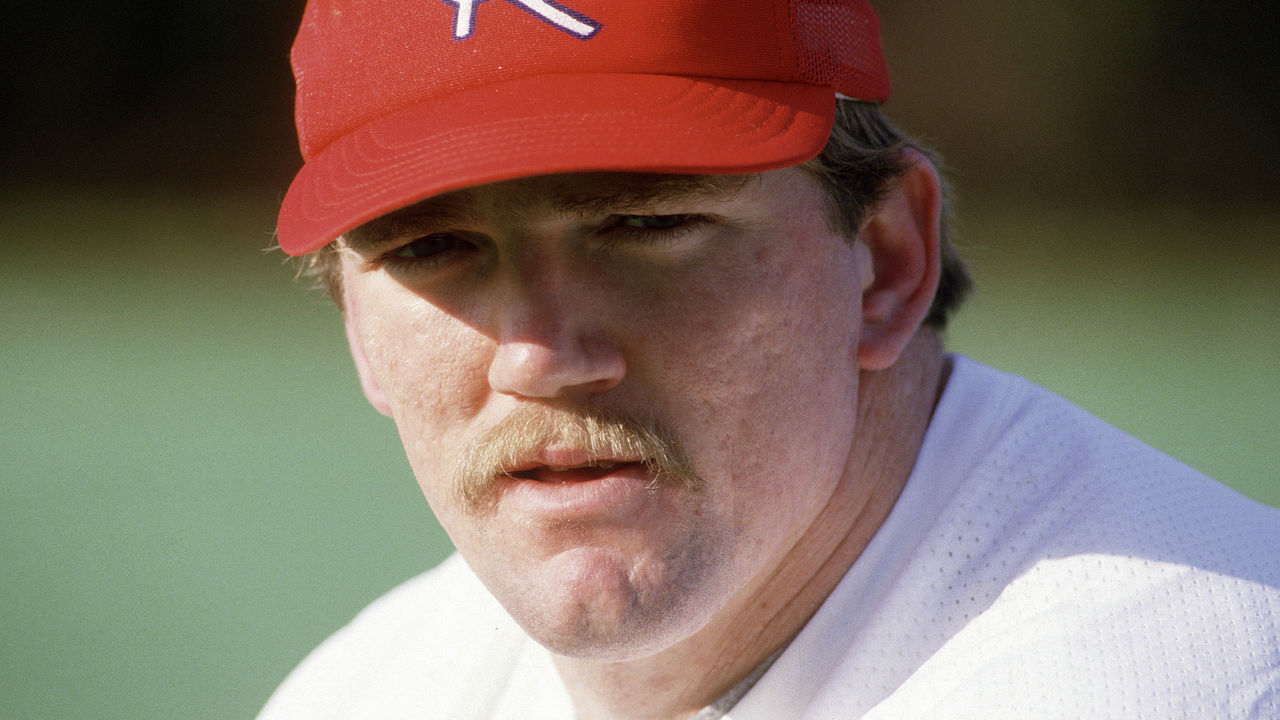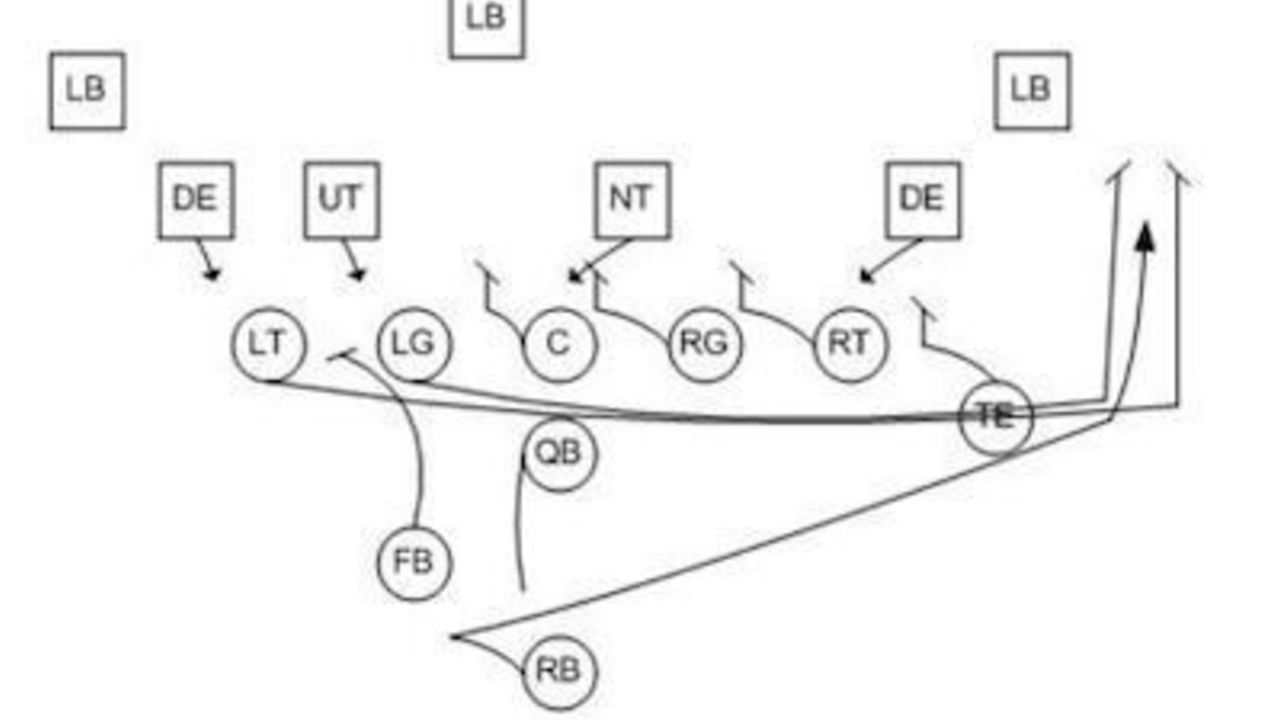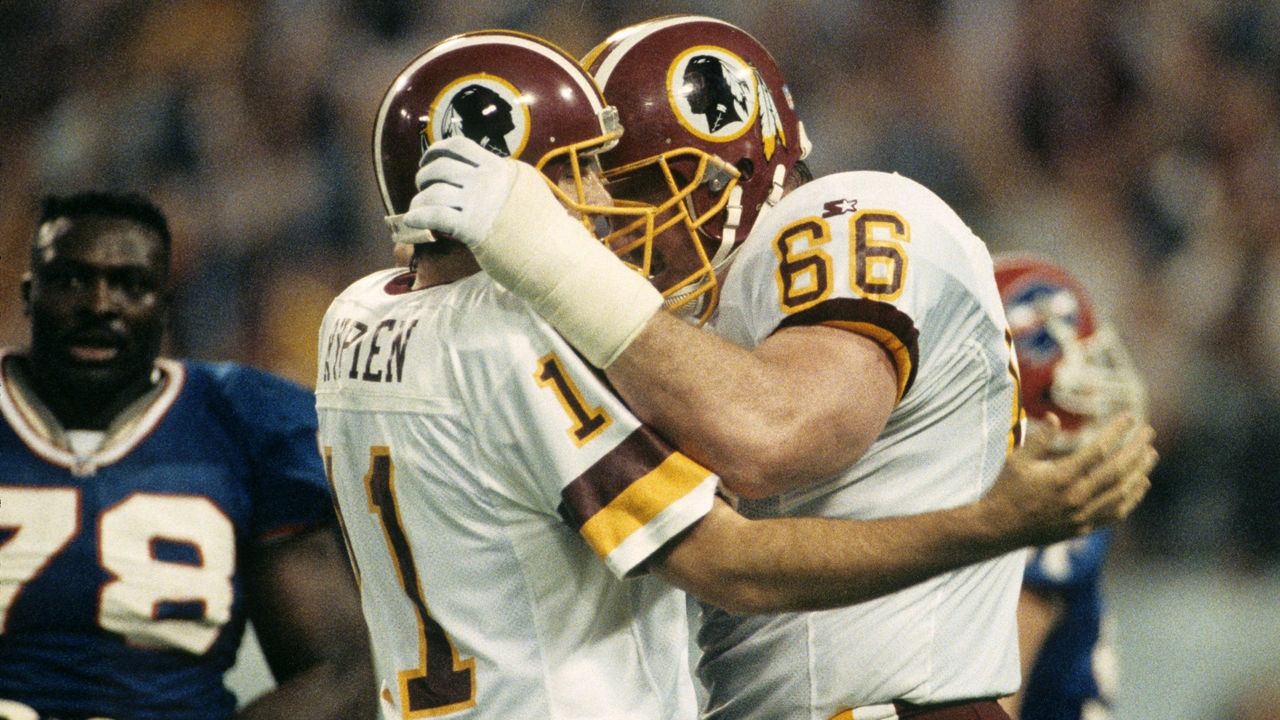Football's Hall of Fame is missing one Hog
Hall of Fame debates are a staple of sports arguments - whether a player's amassed the credentials to be honored among the very best in their sport is prime fodder for discussion over a beer. We're spotlighting a collection of players who we believe either deserve the distinction but haven't yet been inducted into their sports' Halls of Fame, or don't quite measure up but had a great impact on their franchise or sport.
Forget anything he did on the field. The case for Joe Jacoby's enshrinement in the Pro Football Hall of Fame can be found right here, in this starring role in one of the greatest local commercials to ever appear on television:
And, yes … in all seriousness, Jacoby's exploits on the field were compelling enough to make him Hall-worthy. He was a charter member of The Hogs, the famed offensive line that powered Washington to three Super Bowl championships and four Super Bowl appearances in 10 seasons. His career spanned the entirety of the franchise's glory years, and he played left tackle for most of his 13 NFL seasons. Jacoby was the only one of the Hogs to play in all of Washington's playoff games during that era.
Still, his eligibility for induction as a modern-era candidate expired in 2018, and he was snubbed again this year when the Pro Football Hall made 15 additional selections for its Centennial Class, which honored the NFL's 100th anniversary.
"There was a push for him, but there was never a groundswell," one longtime Hall voter told me. This voter, who supported Jacoby's enshrinement when Jacoby was still eligible under the modern-era rules, spoke on the condition of anonymity because Hall voters are forbidden from publicly discussing the conversations that surround their decision-making process. "There was a feeling of 'good, not great.'"

Jacoby was a four-time Pro Bowler and two-time All-Pro. Part of what has hurt his candidacy is the fact that he moved to other positions in the last five of his 13 seasons: right tackle mostly, though he also played left guard for much of 1992. Not to mention the recent glut of eligible offensive line candidates, a logjam that began to break with Kevin Mawae's induction last year, and the selection of Steve Hutchinson and Jimbo Covert this year. Covert's induction leaves Jacoby as the one offensive tackle from the Pro Football Hall of Fame's 1980s all-decade team still waiting.
One other factor that worked against Jacoby, per the Hall voter, was his frequent matchups against Lawrence Taylor of the New York Giants, whom Bill Belichick considers the best pass-rusher of all time. Taylor was indeed dominant at times against Washington, but a closer examination reveals this dynamic wasn't always as simple as it seemed.
The Hogs - a nickname borne from an offhanded remark once made by Washington offensive line coach Joe Bugel - were a true phenomenon back in the day. Washington was a run-heavy team, and head coach Joe Gibbs had cooked up a "counter trey" run scheme that took advantage of the mobility of Jacoby and left guard Russ Grimm by getting them to pull to the right as lead blockers after the ball carrier would initially fake to his left.
A more detailed explanation can be found here, but this is what it looked like when drawn up:

And this is what it looked like in action. Jacoby is No. 66 in white:
Jacoby was an unlikely star. He was undrafted out of Louisville in 1981, and his 6-foot-7, 305-pound body was unusual for offensive linemen of his era. He told The Sporting News he was discovered because Washington had been scouting a game he had played during his senior year against Pitt; two other Hogs from Pitt - Mark May and Grimm - were selected by Washington during the first three rounds of the 1981 draft. Because of Jacoby's mammoth size, Gibbs initially thought he played on the defensive line.
"He was just a bulldozer as a run blocker," Charley Casserly once told ESPN. Now an NFL Network analyst, Casserly was the scout who discovered Jacoby before later becoming Washington's general manager. "He could knock people off the ball. He could power block. It's rare when a left tackle could power block."
Washington won its first title at the end of the 1982 season, capped off when running back John Riggins famously dashed 43 yards for a touchdown on a fourth-down run behind a block from Jacoby. And in the NFC Championship Game against the Dallas Cowboys, Washington salted the game away by running Riggins nine straight times using the same play. "We were telling them where it was coming," Jacoby once said on "The Hog Sty Podcast."

Jacoby's time with Washington spanned 1981-93, which was also the entirety of Taylor's career with the Giants. Taylor had 19 sacks in 21 games against Washington, including the 1986 NFC title game, but he wasn't always matched up against Jacoby. A YouTube compilation of Taylor's dominance from a November 1983 game appears to shows that Jacoby was rarely tasked with blocking Taylor directly.
In Super Bowl XVII, Riggins rushed for 166 yards on 38 attempts. In Super Bowl XXI, Timmy Smith, who had an otherwise undistinguished career, rushed for 204 yards - a record that still stands. Washington's 1991 Super Bowl champion team allowed just nine sacks and was the most efficient team in league history. Washington won its titles with three different QBs.
Grimm, Riggins, wideout Art Monk, and cornerback Darrell Green are the only 1980s-era Washington players in the Hall of Fame, which seems bizarre. Then again, Hall selections tend to be murky popularity contests, and inductees like Pittsburgh Steelers wideout Lynn Swann have benefited from team successes in a way Jacoby has not. What Joe Jacoby accomplished on the field was unique and extraordinary. That ought to be enough.
Dom Cosentino is a senior features writer at theScore.